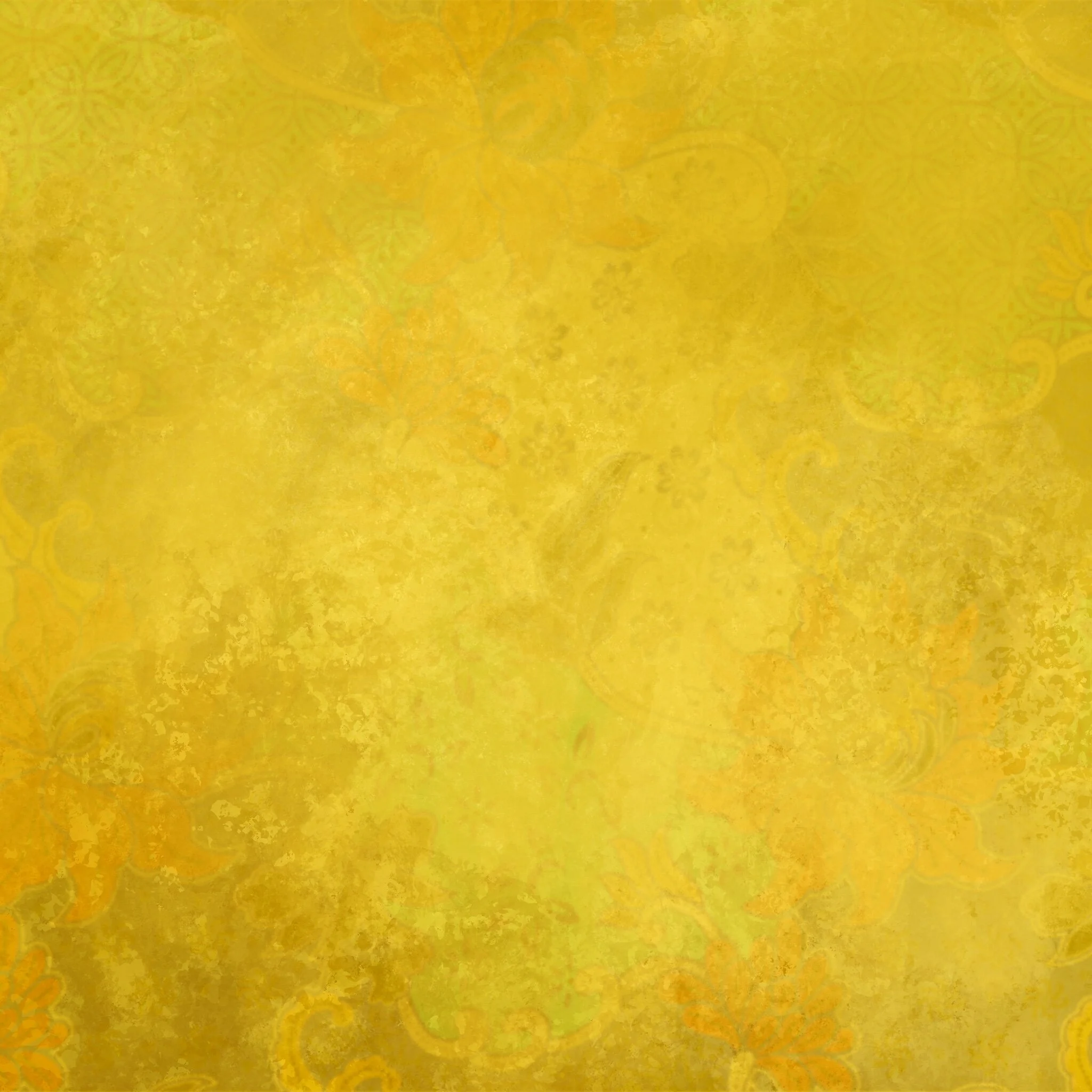Proximity to whiteness.
The model minority myth.
The problem of ‘not seeing color.’
These are important conversations happening, but I don’t want these to be simply buzzwords. They’re stories from lived experiences.
My older family members tell me about driving through the Jim Crow South as Filipinos in the late 50’s. A simple pit stop brought up questions a gas station attendant wouldn’t have thought of before. Whose bathroom do they use? Uncertain, he directs them towards the one labeled white.
Imagine arriving to a new country and being in survival mode. It doesn’t take long to see the country’s norms and rules, written and unwritten, about which groups hold power. As a means of self-protection, you realize your best strategy for survival is to be considered among the dominant group. You do your best to adopt their values, their patterns of speech, their tastes, often losing your own in the process.
Enter a new generation. The kids can’t understand why their parents don’t want them to date somebody darker, or why aunts, uncles seem to be on the giving and receiving end of racism without recognizing the irony. The kids do realize that the lunchbox kimchi, curry, pinakbet, earns them mean comments at school, so they learn to dislike and detatch from those parts of their identity. To pretend to not see color.
These kids grow up, raised to succeed in this environment. Their academic success is seen, but in a way that doesn’t so much praise their efforts, but that insists the system is working. They are told that policies to help other disadvantaged groups find more academic success will come at their own expense.
Meanwhile they see their aging parents ridiculed. Abused. Attacked. Attempting to align with the dominant group meant aligning with their system. And it was never a system that loved them. Just one that ranked them. Behind some, ahead of others.
It’s too easy to point to the most visible examples of racism and say “let’s stop this,” without understanding that we all carry assumptions and habits that contribute. It’s why we all have our work to do. The work is systemic and spiritual. It happens at a state level and soul level. It’s both-and.







